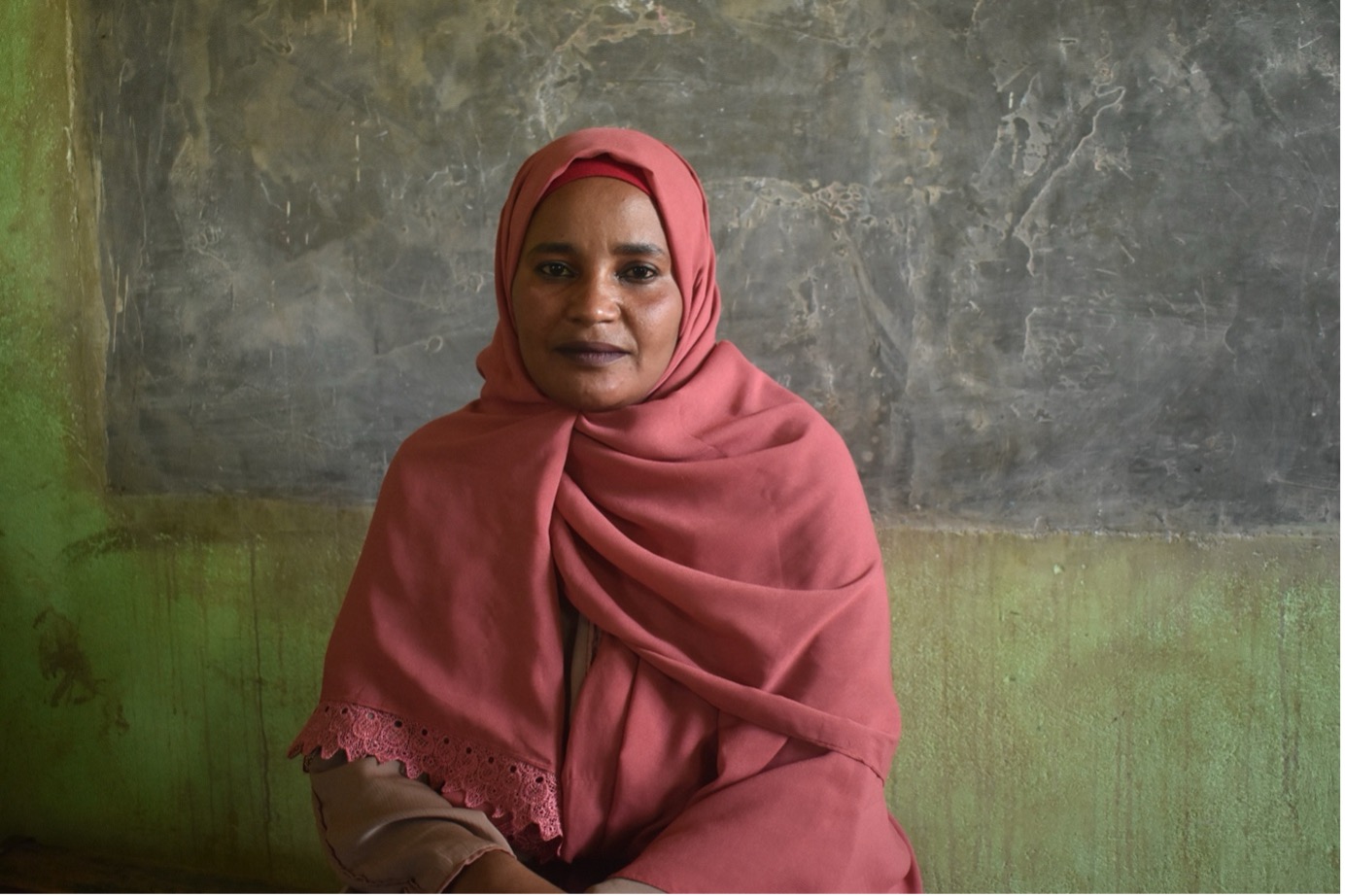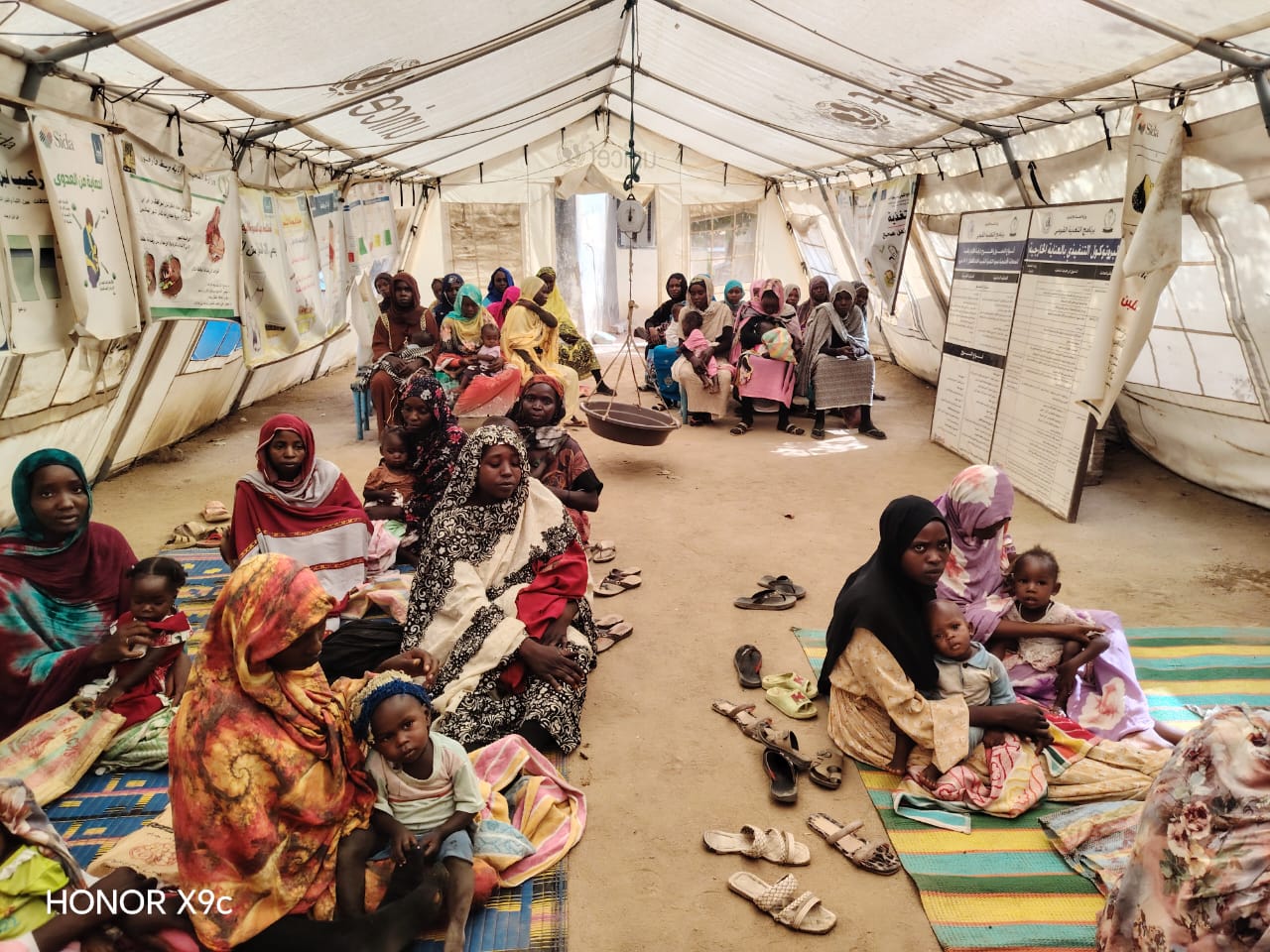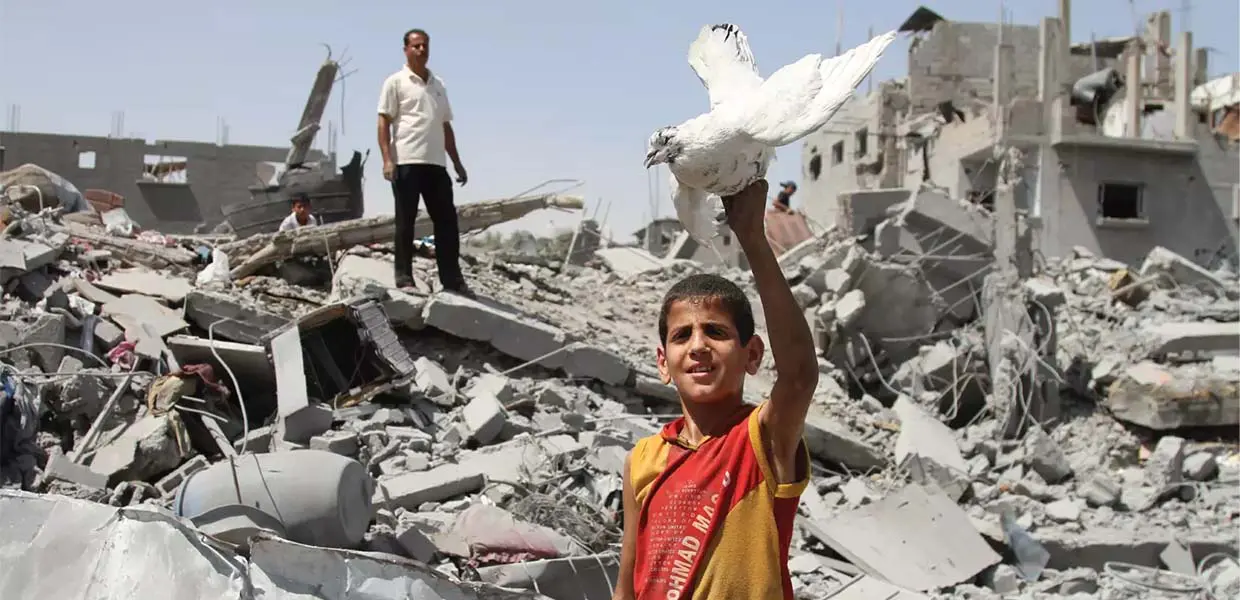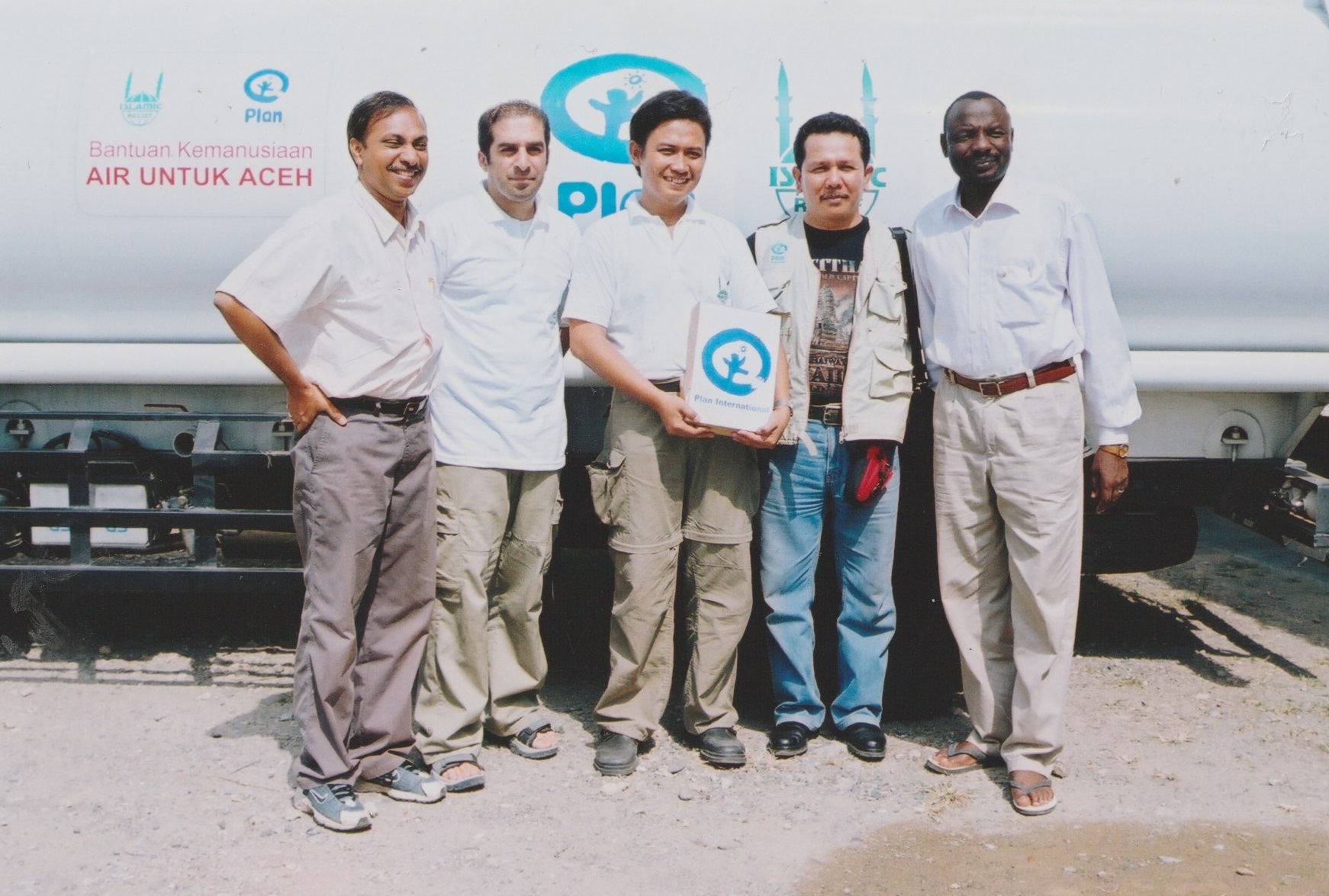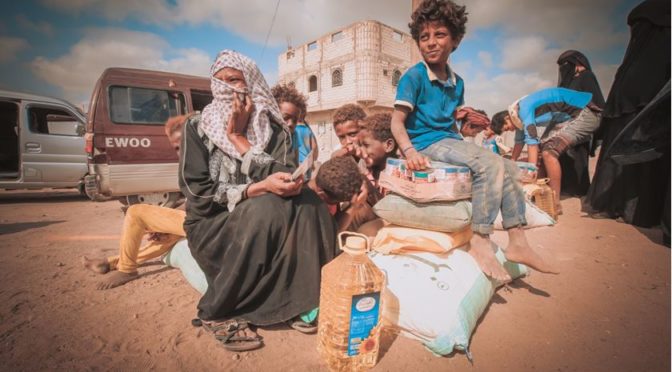
07.08.20
Yemen: Islamic Relief pledges additional $10m
Fears of mass rising levels of hunger in Yemen, fuelled by a deepening currency collapse and massive donor funding shortfalls, have prompted Islamic Relief to inject millions in emergency funding into the war-ravaged country, where the death rates for those testing positive for COVID-19 at 27 per cent are the highest in the world.
Islamic Relief Worldwide today announced it will provide an additional $10 million targeting food, WASH, nutrition and health programming, in an attempt to plug a small part of the massive funding gaps left by international donors’ inability last month to meet the UN’s $2.4bn fundraising target. Only half of this amount was pledged, with three-quarters of UN-backed programs facing cuts or closures in the coming weeks.
Prior to the cuts, Islamic Relief was working with the UN’s World Food Programme to deliver food packages to 2.3 million people every month. This has since been scaled back by 50 per cent with the same food pack, designed to provide enough food for a family for a month, having to last each family twice as long.
The shortfall comes even as the COVID epidemic has caused the health system to “in effect collapse” according to the UN.
Naser Haghamed, CEO of Islamic Relief Worldwide – who visited Yemen last year -said:
“The world’s worst humanitarian crisis is spiralling further into the abyss before our very eyes. What we’re seeing is a vicious cycle of violence, extreme poverty and hunger that we simply have not been able to break. The outbreak of COVID disease has only made things worse. Our teams are down to the bare bones in terms of both aid supplies and fuel.
“The UN is facing huge challenges to keep its partner aid organisations like Islamic Relief supplied with fuel for their operations. The UN’s World Food Programme is the lead logistics agency for the UN in Yemen. It usually provides fuel for aid agencies during crises at a reasonable rate in the circumstances. But it is hugely challenging for them to continue to support all aid agencies at the same time in this way. And alongside this the ordinary citizens of Yemen, the small proportion of those who can afford it, have to queue for a whole day to buy a maximum of 30 litres of fuel at inflated prices.
The cuts come amidst a generalised spike in fuel and food prices which have risen by an estimated 20 per cent in the last three weeks alone, and 35 per cent since the COVID crisis intensified, leaving millions already on the brink of famine with even fewer places to turn. Islamic Relief’s field staff are using what little remains of their quota of fuel, at the moment, to carry on their operations on ground. They have an agreement with a private company to provide additional fuel in such crises.
Haghamed added:
“The desperation is unimaginable. Grown men and women have been brought to tears because they don’t have food to feed their families. Some tell us they are considering suicide because they don’t know how to cope and the pain of watching their children slowly starve to death is too much. Everywhere you now see elderly, frail women reduced to begging for themselves and their families, but no one has any money left to give.”
With more than 80 per cent of the population already reliant on aid to survive, the COVID crisis has hit Yemen extremely hard.
Remittances from Yemenis living abroad are estimated to have declined by up to $10 bn while out of the more than 1,150 confirmed COVID cases there have been more than 300 deaths, meaning that those diagnosed have a less than one in four chance of surviving.
Islamic Relief’s Country Director in Yemen, Zulqarnain Abbas, said:
“While woefully inadequate testing is highlighting the impact of the pandemic to some extent, it is not showing what our teams fear is the true extent of the crisis. We know it has made it to overcrowded IDP camps and to some rural communities. But with access to proper healthcare extremely limited and very few isolation facilities operational, we just don’t know for sure how many people are being impacted
“Our teams are seeing first-hand not only the suffering of the Yemeni people but also the health workers struggling to provide support.
“They don’t have PPE equipment and say they face an impossible choice – to stay at home and keep their family safe, or go to work and risk getting infected because there is no PPE kit and there is very little testing so it is sometimes hard to know who is ill.
“Some have resorted to using their already limited salaries – almost exclusively paid by NGOs like ours since the health system completely collapsed earlier this year – to buy their own protective gear. But this does not leave enough to feed their families. The hunger crisis is truly touching every household and family, and the scars will be felt for years to come.”
“We’re doing everything we can to keep delivering aid despite the restrictions on the ground. Every day we circumvent checkpoints, administrative delays and flare-ups in violence to ensure aid still reaches those in need. With 325 staff and over 3,000 volunteers we have unique local knowledge that allows us to operate in 17 out of the country’s 22 governorates and ensures our staff are always on the front line of this crisis.”

